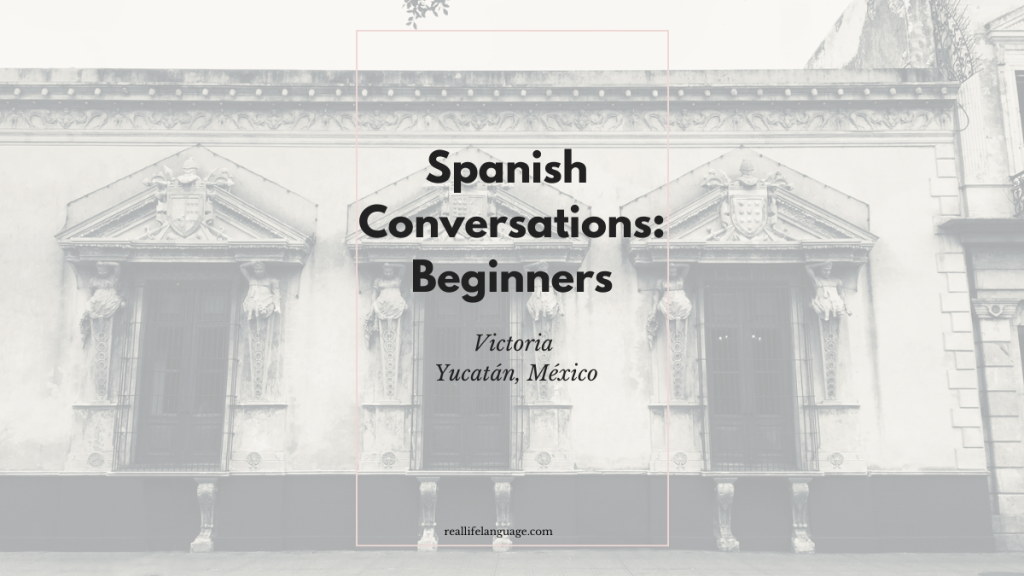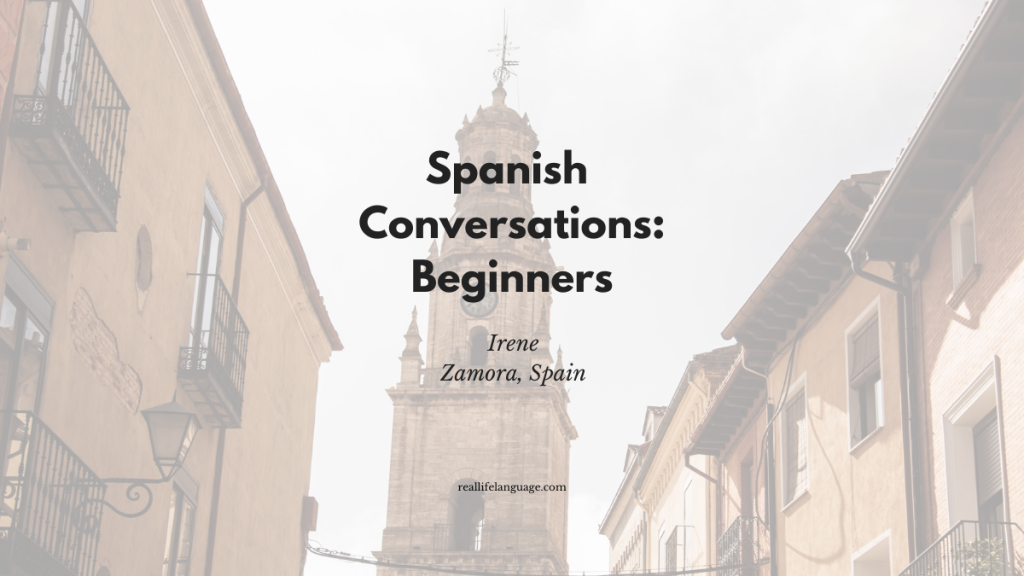
This piece describes an everyday conversation to help readers learn Spanish through real-life examples. It follows a friendly interview with César, a Spanish teacher from Valencia now living in London. The article uses his answers to introduce useful vocabulary, common questions and practical phrases so learners can learn Spanish in context and practise speaking about family, routines, food and hobbies.
Overview: Who is César?
César is a 33-year-old Spanish teacher from Valencia. He lives in London, works full time creating online Spanish content, and describes himself as introvertido (introverted). This short portrait gives learners a natural set of phrases to describe origin, profession and appearance.
- ¿Cómo te llamas? — What is your name?
- Me llamo César. — My name is César.
- ¿De dónde eres? — Where are you from?
- Soy de Valencia, España. — I’m from Valencia, Spain.
- Vivo en Londres. — I live in London.
Daily Routine: Useful Verbs and Time Expressions
César describes a typical workday: waking up early, working in cafés, creating lessons and podcasts, going to the gym, shopping, and having an early dinner. These activities are full of verbs and expressions learners can reuse.
- Me levanto a las seis. — I get up at six.
- Empiezo a trabajar a las siete. — I start work at seven.
- Trabajo hasta las tres o las cuatro. — I work until three or four.
- Voy al gimnasio. — I go to the gym.
- Hago la compra. — I do the shopping / go grocery shopping.
- Ceno temprano. — I have dinner early.
Practice tip
Make sentences about your own schedule using the verbs above. Example: Me levanto a las siete y desayuno café.
Family and Personality: How to Describe People
César mentions his family background and personality. He has a partner, no children, a younger sister and a very large extended family. He also explains the difference between being introverted and shy — an excellent nuance to learn.
“I am introverted which is not the same as shy. I like social gatherings but with few people.”
- Tengo una hermana menor. — I have a younger sister.
- No estoy casado, tengo pareja. — I’m not married, I have a partner.
- Soy introvertido. — I am introverted.
- No soy tímido. — I’m not shy.
Food and Culture: Paella and Spanish Cuisine
Food appears often in conversation. César explains the Valencian paella and how recipes vary between regions. This is a great opportunity to learn food vocabulary and cultural phrases.
- La paella valenciana — Valencian paella
- Ingredientes tradicionales: conejo, caracoles, pato — traditional ingredients: rabbit, snails, duck
- Dieta mediterránea — Mediterranean diet
Useful sentence: La gastronomía española es muy variada y saludable. — Spanish cuisine is very varied and healthy.
Languages, Studies and Work
César speaks Spanish and English fluently, understands Catalan, and has some knowledge of Italian and French. He works creating online courses and podcasts instead of giving only private lessons — an example of modern language-teaching vocabulary.
- Hablo español e inglés. — I speak Spanish and English.
- Entiendo catalán. — I understand Catalan.
- Creo contenido y podcasts. — I create content and podcasts.
Shopping and Living Abroad
Living in London, César explains the differences in shopping routines between Spain and the UK — daily shopping in London versus weekly shopping in Spain. He also explains being vegan (veganos/veganas) and how that affects grocery choices.
- Soy vegano. — I’m vegan.
- Compro frutas y verduras todos los días. — I buy fruits and vegetables every day.
- Necesito tiendas especializadas para tofu y seitán. — I need specialized stores for tofu and seitan.
Hobbies, Sports and Media
Reading non-fiction, specialty coffee, and going to the gym are César’s main hobbies. Football (soccer) remains the dominant sport. He prefers documentaries and films to serial TV dramas.
- Me gusta leer ensayos. — I like reading essays (non-fiction).
- Me encanta el café de especialidad. — I love specialty coffee.
- Jugué al fútbol de pequeño. — I played football (soccer) as a child.
Practical Phrases and Mini Lesson
Below are compact phrase sets to practise speaking about yourself — a practical way to learn Spanish and rehearse real questions from the interview.
- Personal details: ¿Cómo te llamas? — Me llamo… / ¿Cuántos años tienes? — Tengo… años.
- Origin and residence: ¿De dónde eres? — Soy de… / ¿Dónde vives? — Vivo en…
- Family: ¿Tienes hermanos? — Sí, tengo… / No, soy hijo único.
- Work and routine: ¿A qué te dedicas? — Soy profesor / Trabajo como…
- Likes and hobbies: Me gusta… / No me gusta…
Conclusion: Tips to Learn Spanish from Conversations
Everyday conversations like this are ideal for learners. To learn Spanish efficiently: listen for common questions, repeat useful phrases aloud, keep a notebook of vocabulary, and practise describing your own routine using the verbs and expressions above. Watching and mimicking natural dialogues helps internalise pronunciation, rhythm and common collocations.
Try converting a few answers from the interview into sentences about yourself. For example: Me levanto temprano, trabajo en una cafetería y me encanta el café de especialidad.
100s of videos to learn Spanish:
https://real-life-language.kit.com/b1531a6404
Learn Spanish with Everyday Conversations: Andrés from Ecuador

